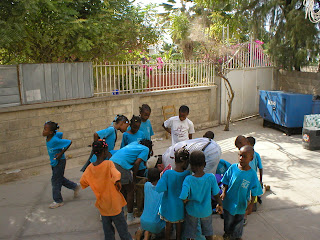
Isaiah 61:1
Sometimes when facing the difficulties of life, we don’t need a solution as much as we need a sympathetic ear. I have heard so often that when a person loses a loved one there is no way to stop the grief, but what is appreciated is when you grieve with them. So often gentleness – praotes – takes on small forms but has profound effect.
This passage from Isaiah is the passage Jesus read in the synagogue to let people know that he had come as the Messiah (Luke 4:16-21). What power is at work? For what purpose is he anointed? What is he sent to do?
This passage is not a prophecy of war and conquest. It is not a prediction of overwhelming change. The Spirit of God anoints so that good news can be preached. Freedom and release will be proclaimed, and those who are suffering sorrows – the broken-hearted – will not have their troubles removed or solved, but will be bound up, supported, encouraged.
All of these actions seem so simple, yet they will have an everlasting effect. This is the essence of praotes. Living out gentleness means doing the small, courteous things that God has taught us to do. Praotes is expressing God’s love in small ways, supporting, caring, and persisting in the agape love we share.
Praotes is being strong when others are weak. It is being a leader when others feel lost. But most importantly it is letting God be the One who is in control, rather than ourselves. Then we will know that the gentle things we do will truly help those in need.
DAILY CHALLENGE: How can you bind up the broken-hearted?

